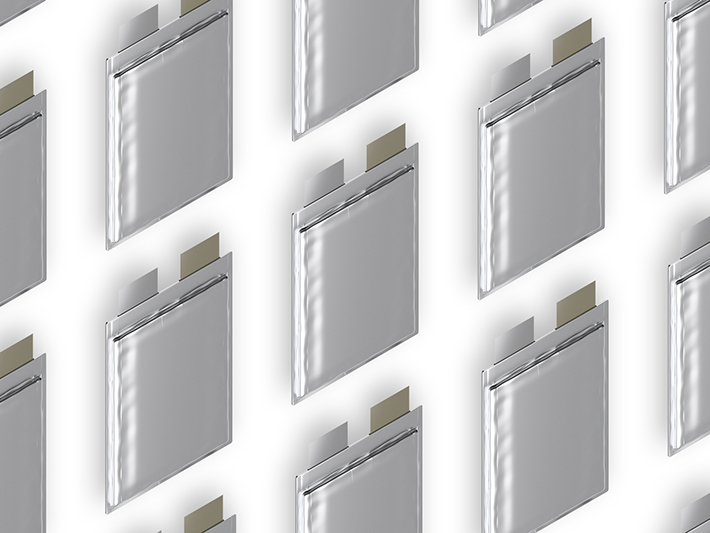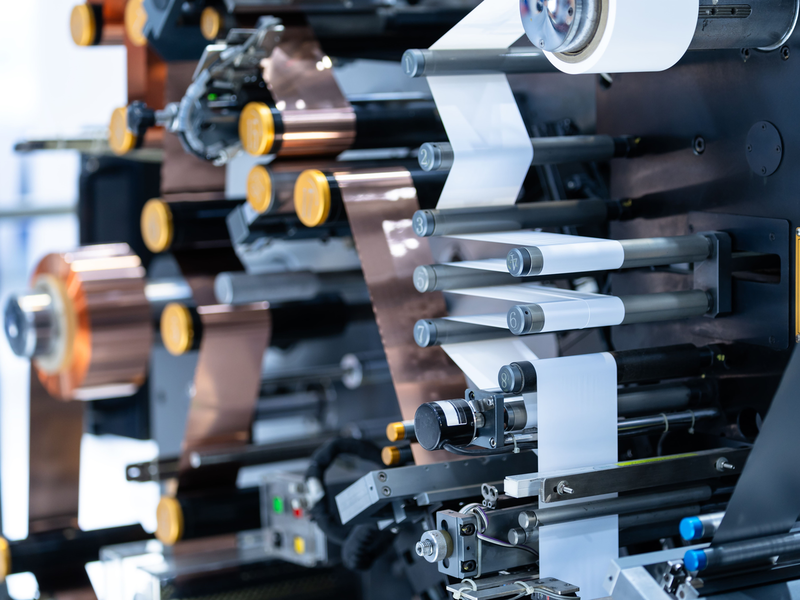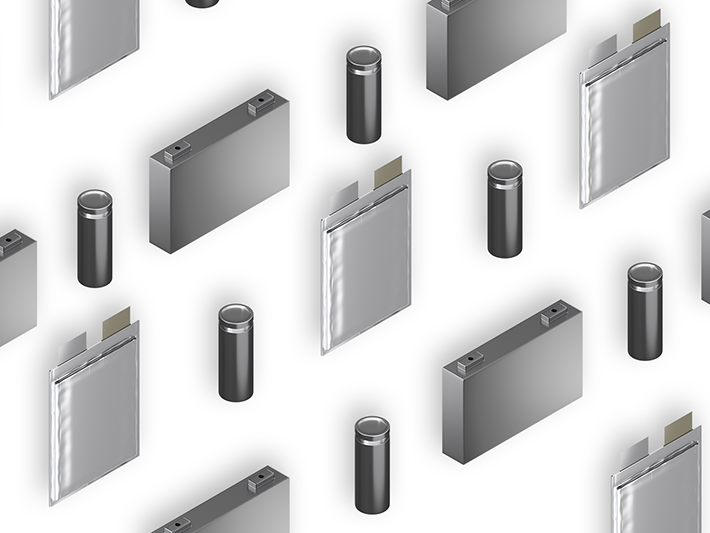High Performance Materials for Batteries
Advanced materials for battery manufacturing
A global & comprehensive material offer for batteries
Arkema's full portfolio of solutions for batteries
At Arkema, we have a wide portfolio of advanced materials covering applications inside and outside the cell, from cell to module and battery pack assembly up to battery system integration into the vehicle. Our solutions help to optimize performance and improve the battery energy density, duration, weight reduction and recharging time.
Global Supply & Technical Support
A global team of battery experts dedicated to customer's needs paired with manufacturing in all regions.
Download the comprehensive battery brochure
Energy storage solutions - Photovoltaic backsheet
Arkema's Kynar® PVDF film is the material of choice for high-durability solar module backsheet laminates. Kynar® PVDF film provides opacity to UV light and excellent weatherability. Discover our advanced materials for solar energy solutions.




.jpg)